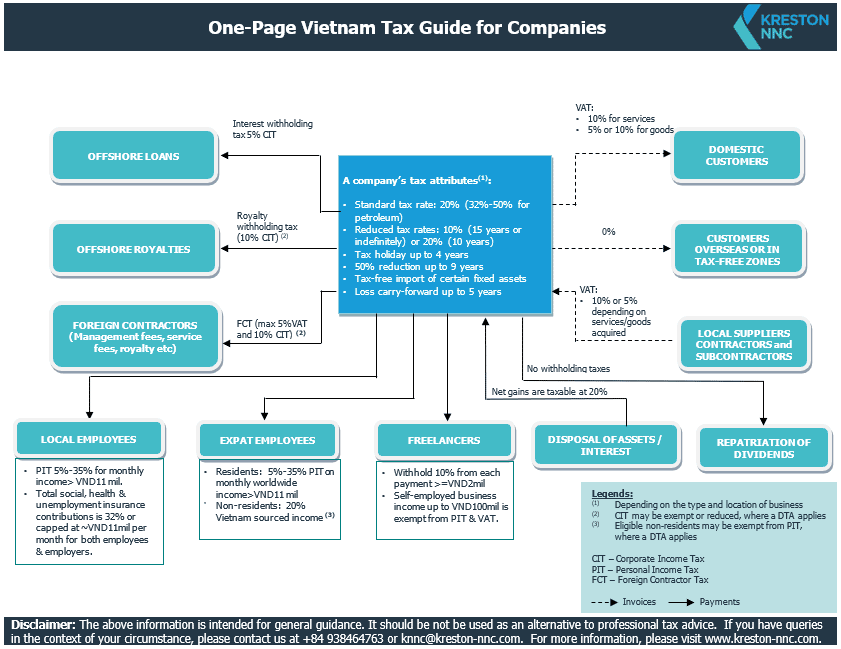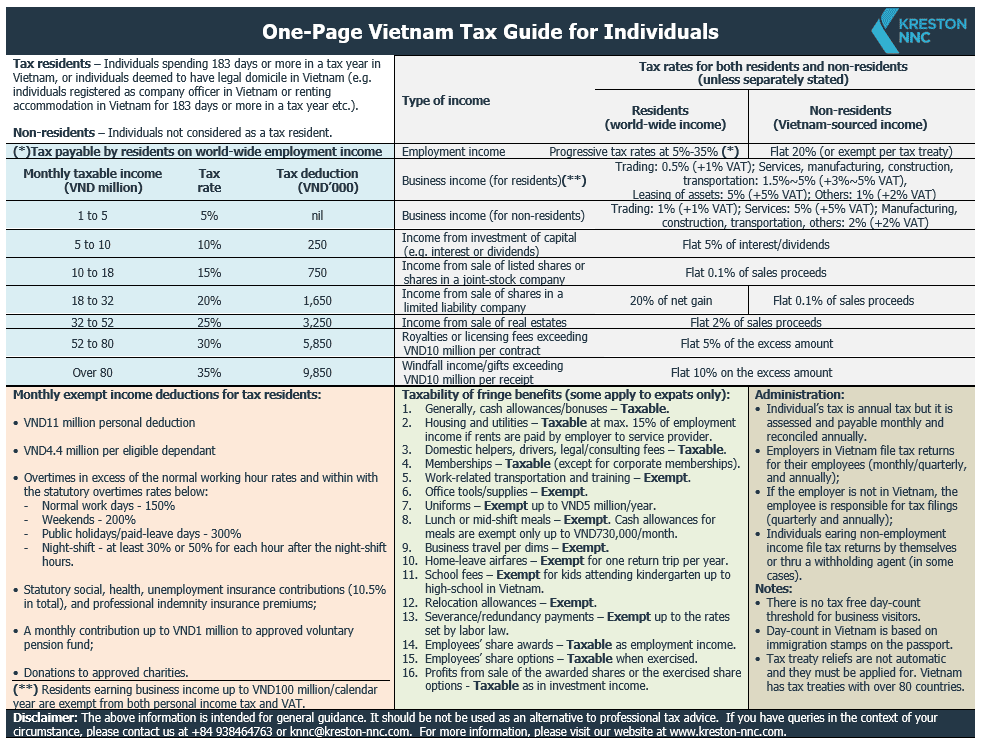
Ganesh Ramaswamy
Partner at Kreston Rangamani and Associates LLP, Global Tax Group Regional Director, Asia Pacific
Ganesh has extensive experience of more than 30 years in providing specialist tax services, particularly to large privately owned groups, with particular strengths in the property, retail, healthcare and hospitality industries. He has supported various entities with specialist advice on tax-effective structures and restructures, cross-border transactions on account of outbound and inbound India investments, mergers, acquisitions and divestments. Ganesh has also worked with stakeholders across businesses to deliver solutions such as tax due diligence, tax consolidation and restructuring of large family businesses in the Middle East, Asia, and Singapore.
ESG Reporting in Asia Pacific
May 1, 2023
Experts in our ESG committee comment on the progress of ESG in Asia Pacific, exploring the implications of new legislation and how it is changing doing business in the region.
Hong Kong and China
The ESG regulatory environment in Hong Kong and China is evolving rapidly, with new regulations being introduced all the time. This is due to a number of factors, including the growing importance of ESG issues for investors and consumers, the increasing pressure on companies to reduce their environmental and social impact, and the growing global consensus on the need to address climate change.
In Hong Kong, the SFC (Securities and Futures Commission) is the main regulator for ESG issues. In 2019, the SFC issued a circular on ESG funds, which set out its expectations for the disclosure of ESG-related information by fund managers. In 2020, the SFC launched a consultation on proposals to enhance climate-related disclosures by Hong Kong SFC-licensed fund managers. The SFC is also working with other regulators, such as the HKMA (Hong Kong Monetary Authority) and the HKEX (Hong Kong Exchanges and Clearing), to develop a more comprehensive ESG regulatory framework.
In China, the CSRC (China Securities Regulatory Commission) is the main regulator for ESG issues. The CSRC has issued a number of guidelines and regulations on ESG issues, including the Code of Corporate Governance for Listed Companies and the Standards for the Contents and Formats of Information Disclosure by Companies Making Public Offering of Securities. The CSRC is also working with other regulators, such as the Ministry of Finance and the Ministry of Environmental Protection, to develop a more comprehensive ESG regulatory framework.
The ESG regulatory environment in Hong Kong and China is still in its early stages of development. However, the pace of change is accelerating, and it is clear that ESG issues will become increasingly important in the years to come. Companies that are able to effectively manage ESG risks and opportunities will be well-positioned to succeed in the future.
Here are some of the key challenges and opportunities for companies operating in the ESG regulatory environment in Hong Kong and China:
Challenges:
• The regulatory landscape is complex and evolving rapidly, making it difficult for companies to keep up with the latest requirements.
• There is a lack of clarity on some ESG issues, which can lead to uncertainty and compliance risk.
• There is a risk of greenwashing, where companies make misleading ESG claims in order to improve their reputation.
Opportunities:
• There is a growing demand for ESG products and services, which provides companies with the opportunity to develop new products and services.
• There is a growing awareness of ESG issues, which can help companies to better understand their ESG risks and opportunities.
• There is a growing focus on ESG by regulators, which can help to improve the quality of ESG reporting and disclosures.
Companies that are able to effectively manage ESG risks and opportunities will be well-positioned to succeed in the future.
At present, the clear ESG policy regulation mainly comes from the financial regulators, focusing on the mandatory specification of enterprise ESG information disclosure and the policy guidance of ESG investment, and due to the ESG contains E (environment), S (society), G (corporate governance) in different aspects of many issues, different government departments also have different emphasis on its regulatory function related issues.
Specifically, for different objects, the current ESG regulatory measures can be roughly divided into two categories: one is mandatory for listed companies or some specific enterprises, and is forced to disclose ESG information meeting the minimum standards through administrative regulations; the other has incentive requirements and encourages enterprises to disclose ESG information through market means such as green investment.
As the regulatory authority for the information disclosure of listed companies, China Securities Regulatory Commission (hereinafter referred to as CSRC) continuously studies and improves the ESG information disclosure system of listed companies and standardizes the operation of listed companies according to China’s national conditions and the stage of market development.
In terms of ESG investments, Domestic regulation focuses on green finance and inclusive finance, The introduction of a series of policy guidance, promotes commercial banks, public funds and other financial institutions to develop more green loans, green bonds, green funds, carbon financial products and other financial products based on ESG investment concept, Guide funds to favour clean, low-carbon and environmentally friendly enterprises and projects, “To provide appropriate and effective financial services to all social strata and groups requiring financial services at affordable costs (Notice of The State Council on the Issuance and Issuance of the Development Plan of Inclusive Finance (2016-2020))”, China will promote green and sustainable economic and social development.
Malaysia
In Malaysia ESG is also evolving rapidly, as the country strives to become a more sustainable and socially responsible nation. In recent years, there has been a growing focus on ESG issues by both the government and the private sector, and a number of new regulations have been introduced.
One of the most significant developments in the ESG regulatory environment in Malaysia has been the introduction of the Sustainable Development Goals (SDGs). The SDGs are a set of 17 global goals that aim to achieve a more sustainable and equitable future for all. The Malaysian government has committed to achieving all 17 SDGs by 2030, and has put in place a number of policies and initiatives to support this goal.
Another significant development has been the introduction of the Malaysian ESG Reporting Framework. The framework is designed to help businesses disclose their ESG performance and comply with relevant regulations. The framework is based on the Global Reporting Initiative (GRI) Standards, and covers a range of ESG issues, including climate change, water management, and human rights.
The ESG regulatory environment in Malaysia is still in its early stages of development, but the country is making significant progress. The government is committed to sustainability and social responsibility, and businesses are increasingly taking steps to comply with ESG regulations.
Here are some of the key ESG regulations in Malaysia:
• The Sustainable Development Goals (SDGs): The SDGs are a set of 17 global goals that aim to achieve a more sustainable and equitable future for all. The Malaysian government has committed to achieving all 17 SDGs by 2030, and has put in place a number of policies and initiatives to support this goal.
• The Malaysian ESG Reporting Framework: The framework is designed to help businesses disclose their ESG performance and comply with relevant regulations. The framework is based on the Global Reporting Initiative (GRI) Standards, and covers a range of ESG issues, including climate change, water management, and human rights.
• The Companies Act 2016: The Companies Act 2016 requires companies to disclose their ESG performance in their annual reports. The Companies Act 2016 also requires a director of a company to exercise his powers in good faith in the best interest of the company. Bursa Malaysia has required Malaysian public-listed companies to include sustainability reporting in their annual reports. Directors of large, listed companies are also required to apply the corporate governance and sustainability practices in the Malaysian Code on Corporate Governance.
• The Environmental Quality Act 1974: The Environmental Quality Act 1974 sets out the environmental standards that businesses must comply with.
• The Occupational Safety and Health Act 1994: The Occupational Safety and Health Act 1994 sets out the safety and health standards that businesses must comply with.
• The Labour Act 1955: The Labour Act 1955 and Employment (Amendment) Act 2022 sets out the employment standards that businesses must comply with.
The ESG regulatory environment in Malaysia is evolving rapidly, and businesses need to stay up-to-date with the latest developments. By complying with ESG regulations, businesses can help to ensure a more sustainable and equitable future for Malaysia.
Australia
In Australia, the Australian Securities and Investments Commission (ASIC) has been a leading regulator in the ESG space. ASIC has issued a number of guidance documents and infringement notices on ESG issues, and has also undertaken a number of enforcement actions. In 2021, ASIC fined a major Australian bank $10 million for misleading investors about its ESG credentials.
Additionally, the Australian Accounting Standards Board (AASB) has been empowered to issue guidance on the accounting treatment of ESG-related items, including disclosures for climate related risk and sustainability reporting standards.
The New Zealand Financial Markets Authority (FMA) has also taken a number of steps to promote ESG investing in New Zealand. The FMA has issued a number of guidance documents on ESG issues, and has also undertaken a number of enforcement actions. In 2021, the FMA fined a major New Zealand bank $5 million for misleading investors about its ESG credentials.
Both ASIC and the FMA have made it clear that they will take action against companies that mislead investors about their ESG credentials. This has led to a number of changes in the way that companies report on their ESG performance. Companies are now more likely to provide detailed information about their ESG risks and opportunities, and to undergo independent ESG audits.
The growing regulatory focus on ESG issues is likely to continue in the years to come. As ESG investing becomes more mainstream, regulators are likely to take a more active role in ensuring that companies are complying with their ESG obligations. This will lead to a more transparent and accountable ESG market, which will benefit investors and companies alike.
In addition to the regulatory environment, there are a number of other factors that are driving the growth of ESG investing in Australia and New Zealand. These include:
• The increasing awareness of climate change and other environmental issues
• The growing demand for socially responsible investments
• The increasing availability of ESG data and information
• The growing sophistication of ESG investment products • The increasing evidence to suggest financial outperformance of companies that rate well on ESG metrics
• The increasing pressure for companies to improve ESG performance as they otherwise face reputational and brand risk
The growth of ESG investing in Australia and New Zealand is likely to continue in the years to come. As more and more investors become aware of the importance of ESG issues, and as more and more ESG investment products become available, ESG investing is likely to become the norm.
If you have an ESG question for one of our experts in the Asia Pacific region, please get in touch.







